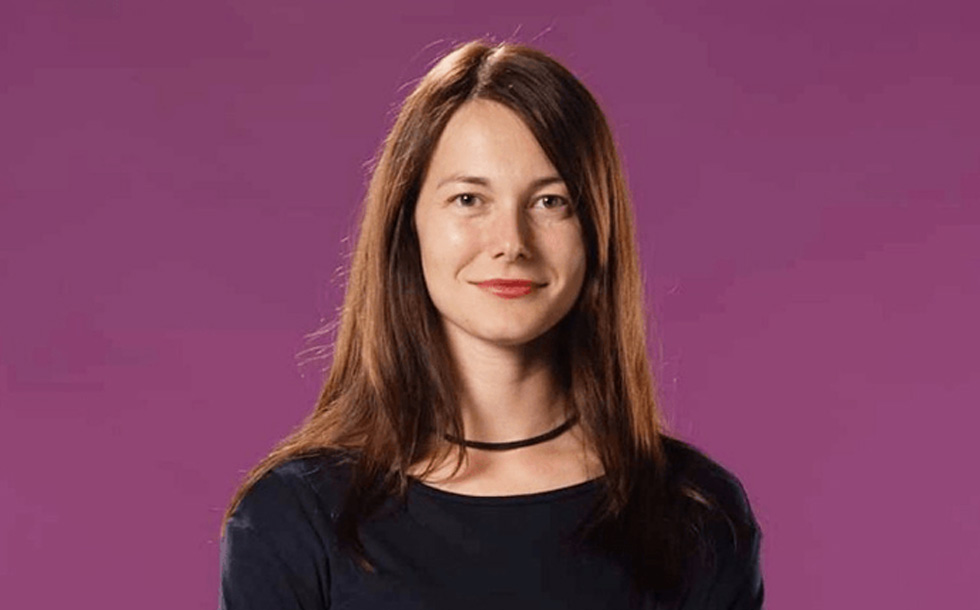
Web Summit Qatar 2025
Qatar, February 24, 2025 – At Web Summit Qatar, William Bao Bean, Managing General Partner of Orbit Startups, sat down with Yang Ge, Senior Content Editor of the Financial Times to unpack the evolving venture capital landscape in Asia and beyond. Against a backdrop of economic uncertainty and shifting investor priorities, William shared hard-earned insights from two decades of investing in China, India, and emerging markets—and why MENA, Africa, and LatAm are now his focus.
“Adapt From China”: Lessons in Digitizing Economies
William’s journey began in China in the early 2000s, where he was ranked #1 stock picker for tech in China by Reuters Starmine and worked on IPOs in China for Alibaba, witnessing its rise from digitizing cross-border trade to dominating local commerce. “China’s consumer spending ballooned from $600 billion to $6 trillion in two decades,” he noted. By 2018, his investment focus had shifted from China to India and Southeast Asia, and then MENAP, Africa, and LatAm, targeting markets where tech can drive “economic transformation.”
“In emerging markets, we’re solving problems that were addressed in China 20 years ago — like moving from cash-on-delivery to digital payments,” William explained. However, rather than taking US business models and “copying to China” which was common practice 20 years ago, Orbit adapts Chinese solutions to other local contexts. One standout is Pakistan’s Dastgyr (Orbit 2021), a B2B trade platform inspired by Alibaba’s early days. Dastgyr digitized thousands of small shops and now drives cross-border food trade, securing a record $50 million Series A with backing from Peter Thiel. “You can’t just copy-paste — you need localization,” William emphasized.
As a pre-seed investor, William prioritizes founders obsessed with large, tangible problems — especially in sectors where people “spend money.” Orbit’s ecosystem connects startups with corporate partners, such as MedIQ (Orbit 2024), a healthtech firm digitizing 1,100+ clinics in Saudi Arabia. “Health is critical here, with diabetes rates soaring. Tech can’t fix diets, but it can streamline care.”
William, who recently relocated to Riyadh, highlighted MENA’s potential. With Saudi Arabia’s Vision 2030 and similar government-led initiatives, William sees parallels to China’s state-driven growth: “Read these plans — they’re roadmaps to where capital will flow.”
China’s VC Winter and Deep Tech Survival
China’s VC market, once deploying $60 billion annually, has contracted sharply. Government funding, which once comprised 65-75% of venture capital, has dried up, and exits remain elusive. “Most China VC investments are underwater,” William said. The survivors? Deep tech. “China leads in semiconductors, biotech, and AI — but monetization is still a hurdle.”
Open-source AI models like DeepSeek could democratize access, William argued. “Lower-cost models let founders in Egypt or Pakistan compete,” he said, citing portfolio company DXwand (Orbit 2021). The Cairo-based startup analyzes Arabic text for governments and corporations, mirroring a $4 billion U.S. counterpart at a fraction of the cost.
The Bottom Line
Emerging markets are where “economic transformation through technology” is most urgent — and viable. With China’s blueprint as a guide, Orbit bets on founders who leverage local data, industry insights, and affordable AI to build the next game changing startups.




